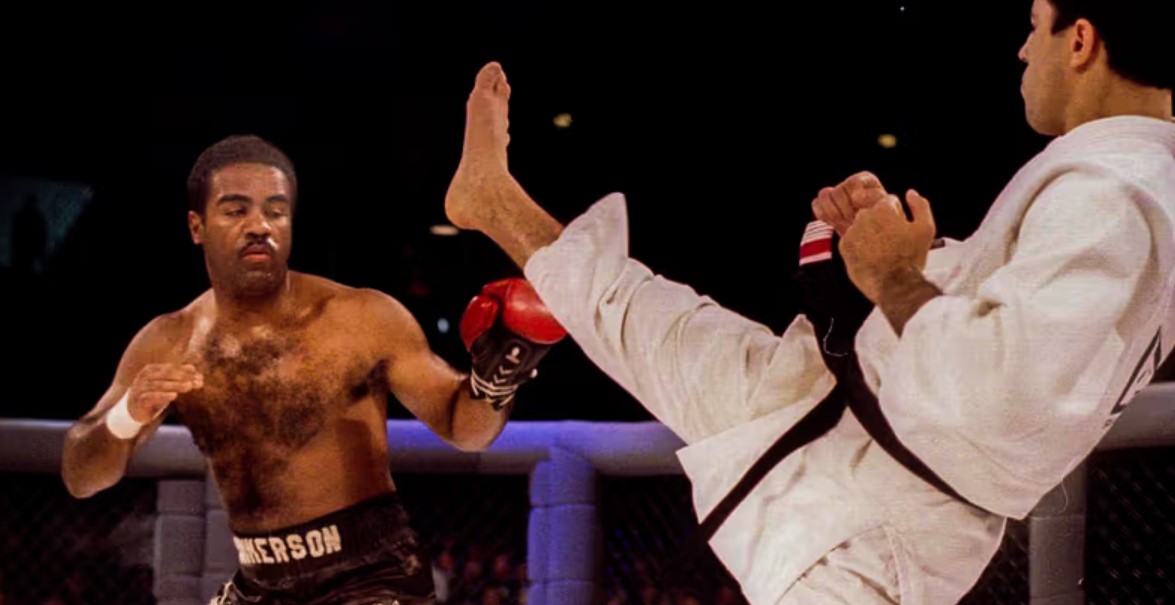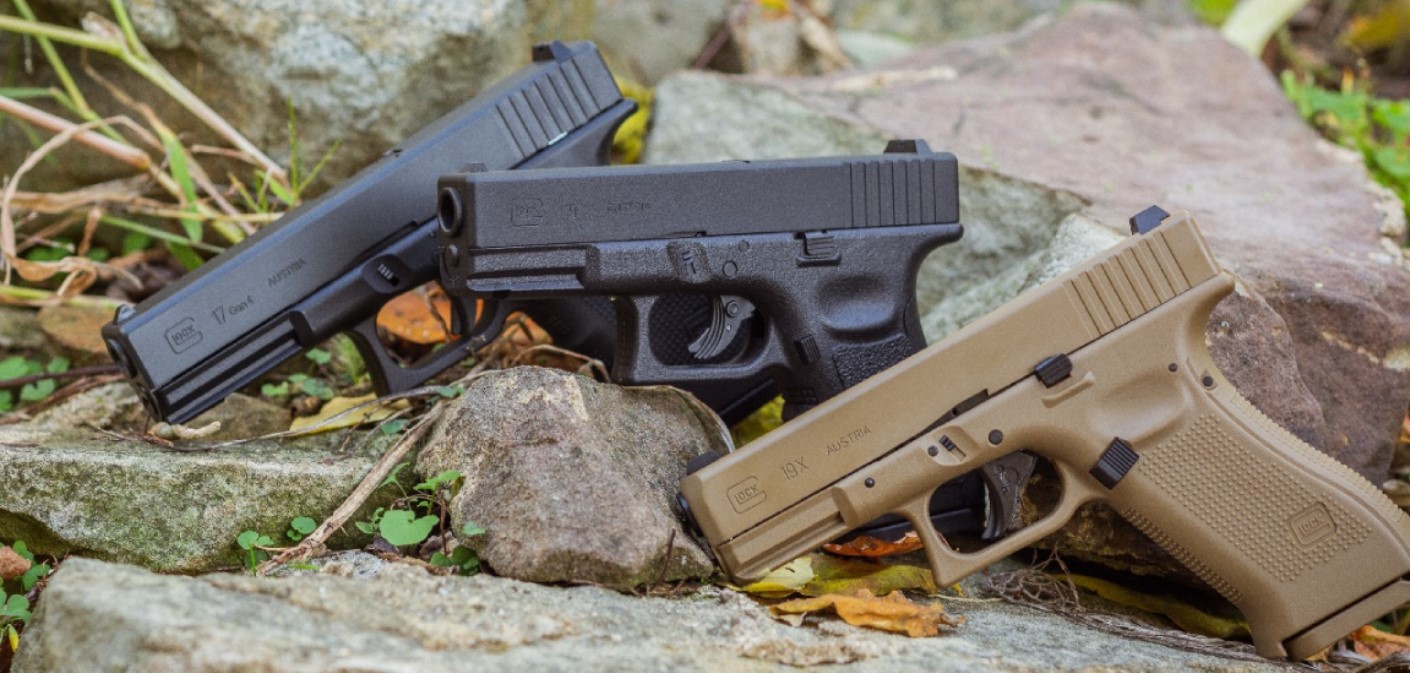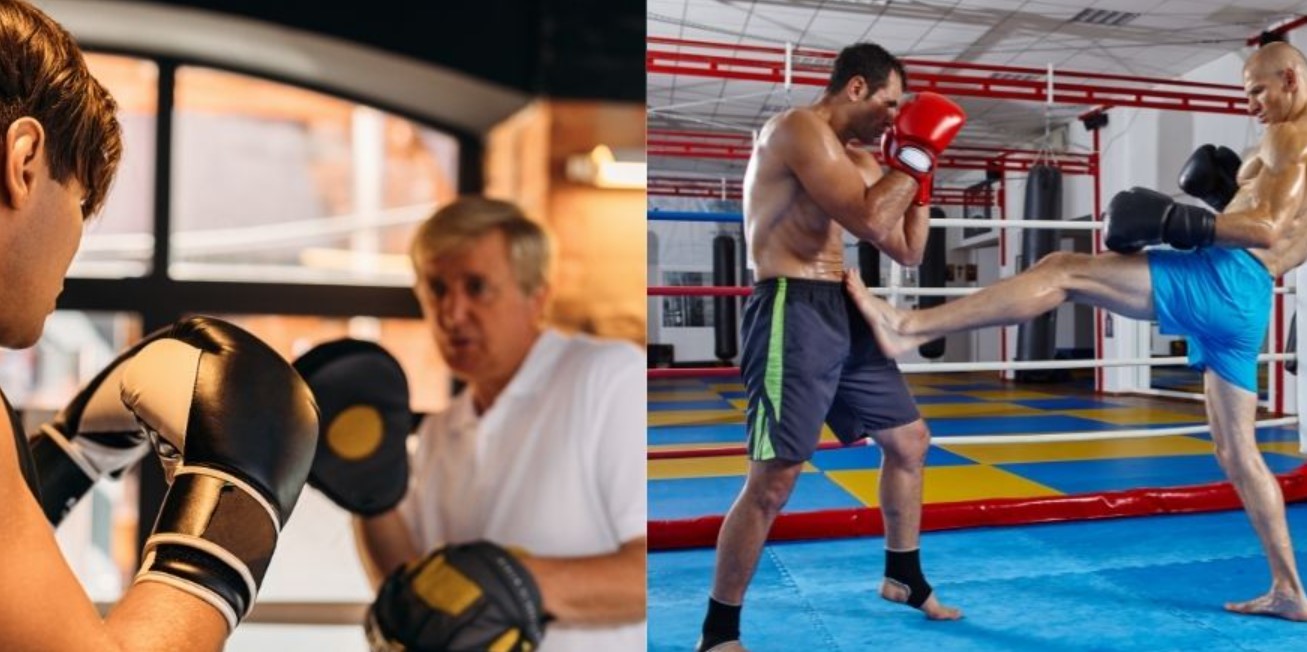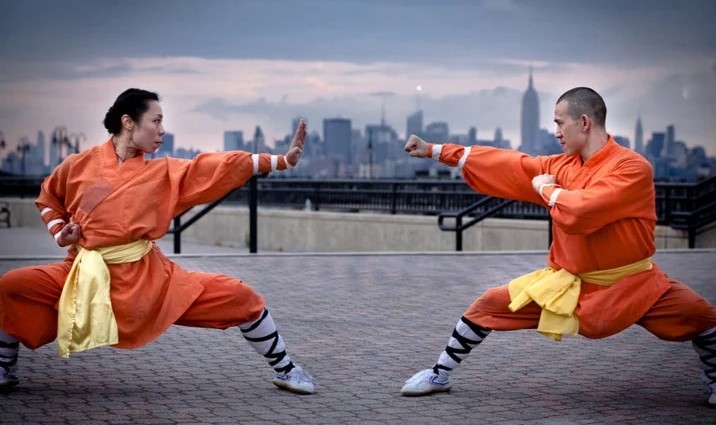Which is better for self-defense karate or kung fu? For centuries, karate and kung fu have captivated audiences with their explosive kicks and graceful movements. But when it comes to self-defense, a critical question arises: which one reigns supreme?
The truth is, there’s no definitive answer. Both karate and kung fu offer valuable self-defense principles, but they possess distinct strengths and considerations. Let’s delve into their core differences to guide you towards the ideal choice.
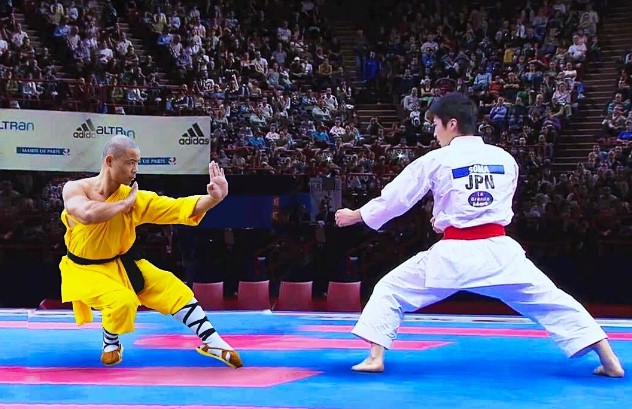
Origins and Philosophy
- Karate: Emerging from the Ryukyu Kingdom (present-day Okinawa, Japan), karate emphasizes powerful strikes and blocks delivered with linear movements. Its philosophy centers on building focus, discipline, and self-control.
- Kung Fu: With a rich history spanning centuries in China, kung fu encompasses a diverse range of styles, each with its own philosophy. Some styles focus on powerful strikes (Shaolin Kung Fu), while others emphasize circular motions and grappling techniques (Wing Chun).
Self-Defense Applications
- Karate: Karate’s emphasis on strong strikes and kicks makes it effective for deterring attackers and creating opportunities to escape. It excels in mid-range combat situations.
- Kung Fu: Kung fu’s versatility offers a wider range of self-defense options. Depending on the style, it can be effective for close-quarter encounters (Wing Chun) or maintaining distance with kicks and strikes (Northern Shaolin).
Finding the Right Fit
Here are some key factors to consider when choosing between karate and kung fu for self-defense:
- Your Fitness Level: Both require dedication, but karate’s focus on powerful techniques might be more demanding initially. Kung fu styles like Tai Chi offer a gentler approach suitable for beginners.
- Learning Environment: Consider the instructors and dojo (karate gym) or kung fu school in your area. Look for experienced instructors who prioritize practical self-defense applications.
- Personal Preference: Do you find linear strikes or flowing movements more appealing? Consider which style resonates more with your body type and fighting style.
Beyond the: Essential Self-Defense Tips
Regardless of your choice, remember that self-defense goes beyond martial arts techniques. Here are some crucial tips:
- Situational Awareness: Stay alert and avoid potentially dangerous situations.
- De-escalation: If possible, try to de-escalate a situation calmly and firmly.
- Practice Regularly: Consistent training is vital for building muscle memory and reflexes.
The Final Round: It’s Not About the Belt
Ultimately, the “better” martial art for self-defense is the one you’ll consistently train in with a qualified instructor. Both karate and kung fu offer valuable tools for self-protection. Choose the style that ignites your passion and empowers you to stay safe.
>>> Click Which Is Better For Self Defense Boxing Or Kickboxing?


